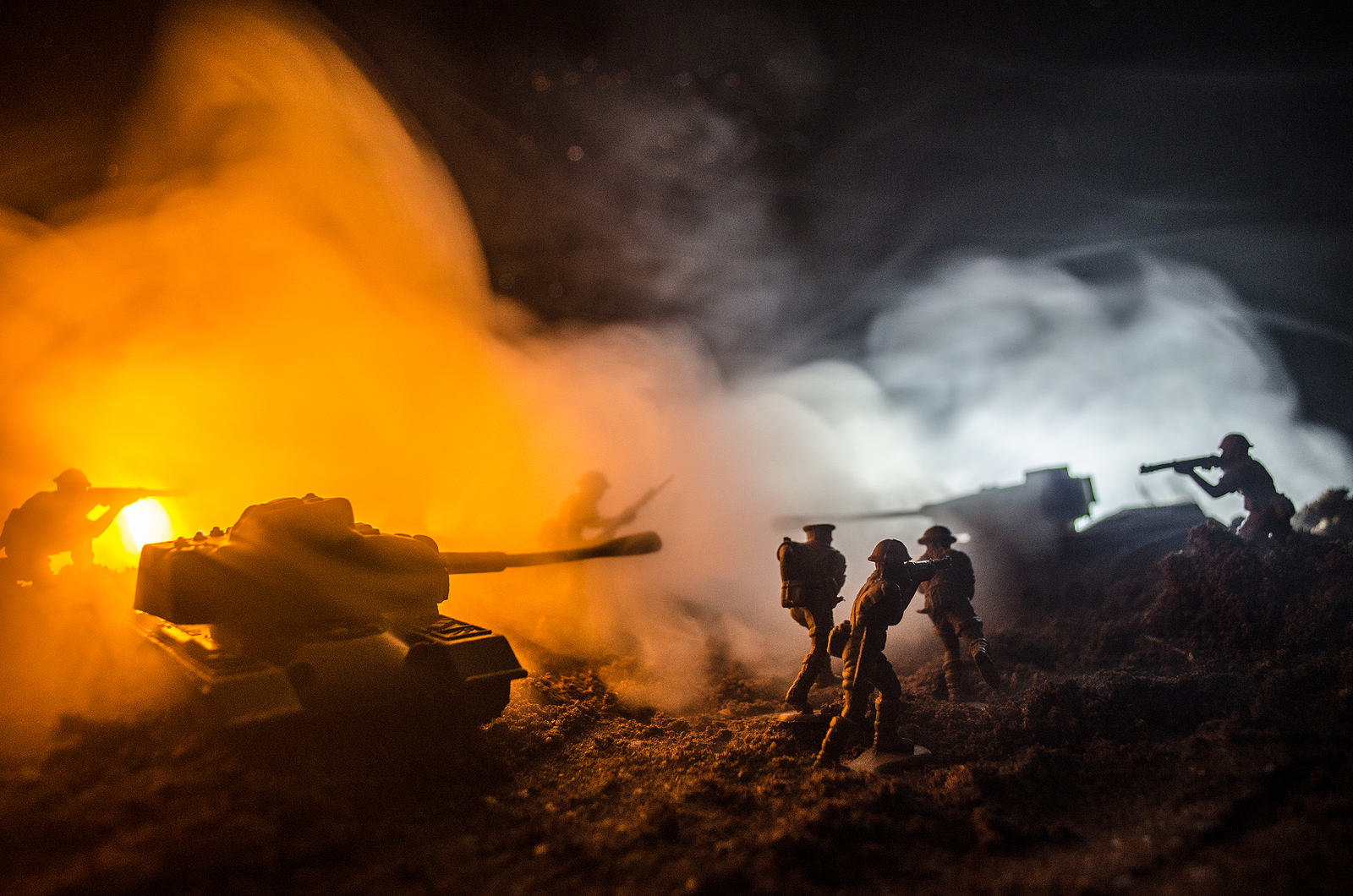
“Perhaps you will say in your heart, ‘These nations are more numerous than I. How will I be able to drive them out?’ Do not fear them, [but rather] remember what Hashem, your G-d, did to Paro and to all of Egypt…. So shall Hashem, your G-d, do to all the peoples before whom you fear ….” (Eikev, this week’s Parsha)
Fear is a major subject. It seems that our entire world is quaking in dread of war and possible worldwide chaos. Last week, I quoted Rabbi Eliahu Eliezer Dessler’s description concerning the days before Moshiach: “Tranquility will be disrupted, personal lives will be filled with worry, fear and yissurim and the entire world will cower in dread of destruction and devastation.”
But fear is not good for us. We cannot operate wisely in a state of fear.
The Torah tells us, “Taamim Tehiya… You shall be wholehearted with Hashem” (Dvarim 18:13), which Rashi explains as, “Look ahead to Him and do not delve into the future. Rather, whatever comes upon you, accept with wholeheartedness and then you will be with Him and of His portion.”
There is a famous saying attributed to Rabbi Nachman of Breslev: “Kol ha'olam kulo, gesher tzar me'od, ve’ha'ikar lo lifached k'lal …. The whole world is a very narrow bridge and the main thing is to have no fear at all.”
As a young boy, I found myself in a state of perpetual fear. This fear had no logical basis, but it was overpowering. Even though I lived in physical comfort with a wonderful family, I was afraid. I now see that this fear was a gift from Hashem, which caused me to question the basis of my entire existence and led me to the need to find the Torah.
I say the “need” to find Torah. If this had been abstract reasoning, it would not have affected my entire life, but because of the power of this great “fear” within me, I “needed” to find Hashem in order to live.
Where do we find “fear” in the Torah? When Yaakov Avinu confronted Lavan at their final parting, he referred to Hashem as “pachad Yitzchak … the fear of my father.” It is revealing that Yaakov chose this way of referring to Hashem when he was confronting an external enemy.
This reminds me of the famous saying of President Franklin D. Roosevelt, who stated, “the only thing we have to fear is fear itself.”
The fact is that FDR was wrong. Fear has its place. When applied to an enemy, fear is inappropriate, but when applied to Hashem Himself, fear is totally appropriate. If we are not afraid of Hashem, then how will we live correctly in this world? Yes, we need to love Hashem, but we also need to fear Hashem, because that powerful emotion keeps us straight!
At the beginning of history, the first murderer, Kayin, was instructed by Hashem Himself to feel fear of sin as a visceral emotion which could help him conquer his will toward evil. “If you do not improve yourself, sin rests at the door. Its desire is toward you, yet you can conquer it.” (Beraishis 4:7) The yetzer hara is like a powerful wild beast resting at your door. If you admit it into your “home,” it will overpower and destroy you, “yet you can conquer it!”
Don’t let it in! Stay inside your “home,” the daled amos of Torah!
My friends, this is the attitude we should have towards our enemies. When it comes to Lavan – the non-Jewish world around us -- we should invoke “pachad Yitzchak,” Hashem, and overcome our fear. But when it comes to Hashem, we must learn to fear Him.
I believe that this is the only way to survive. The wild beast is opening its enormous mouth to engulf us. As we say in Kah Ribon, “Save Your sheep from the mouth of lions and bring Your people out of exile!” The other nations and their corrupt culture “lie at the door,” but we do not have to open the door!
The fear we feel today can be directed toward Hashem.
Fear is a fire which can either burn us or heal us. Why was Moshe Rabbeinu not burned at the “burning bush”? Because the fire he saw was the healing fire of Torah.
The Prophet Malachi describes the days before Moshiach: “Those who fear Hashem spoke to one another and Hashem listened and heard, and a book of remembrance was written before Him for those who fear Hashem and those who give thought to His Name. [Hashem says] ‘They will be a precious treasure for Me … For behold, the day is coming, burning like an oven … and that coming day will burn up [all the wicked people]. But a sun of righteousness will shine for you who fear My Name, with healing in its rays!’”
“Hakadosh Baruch … said, ‘I lit the fire in Tzion … and I will in the future build [the Temple] … with fire!’” (Bava Kamma 60b) May we see it soon in our days!
GLOSSARY
Daled amos of Torah: Living within the Torah
Hakadosh Baruch Hu: Hashem, G-d
Kah Ribon: an ancient song sung at the Shabbos Table (incidentally, this song was written in Gaza several hundred years ago by the chief rabbi of Gaza)
Yetzer hara: Evil inclination